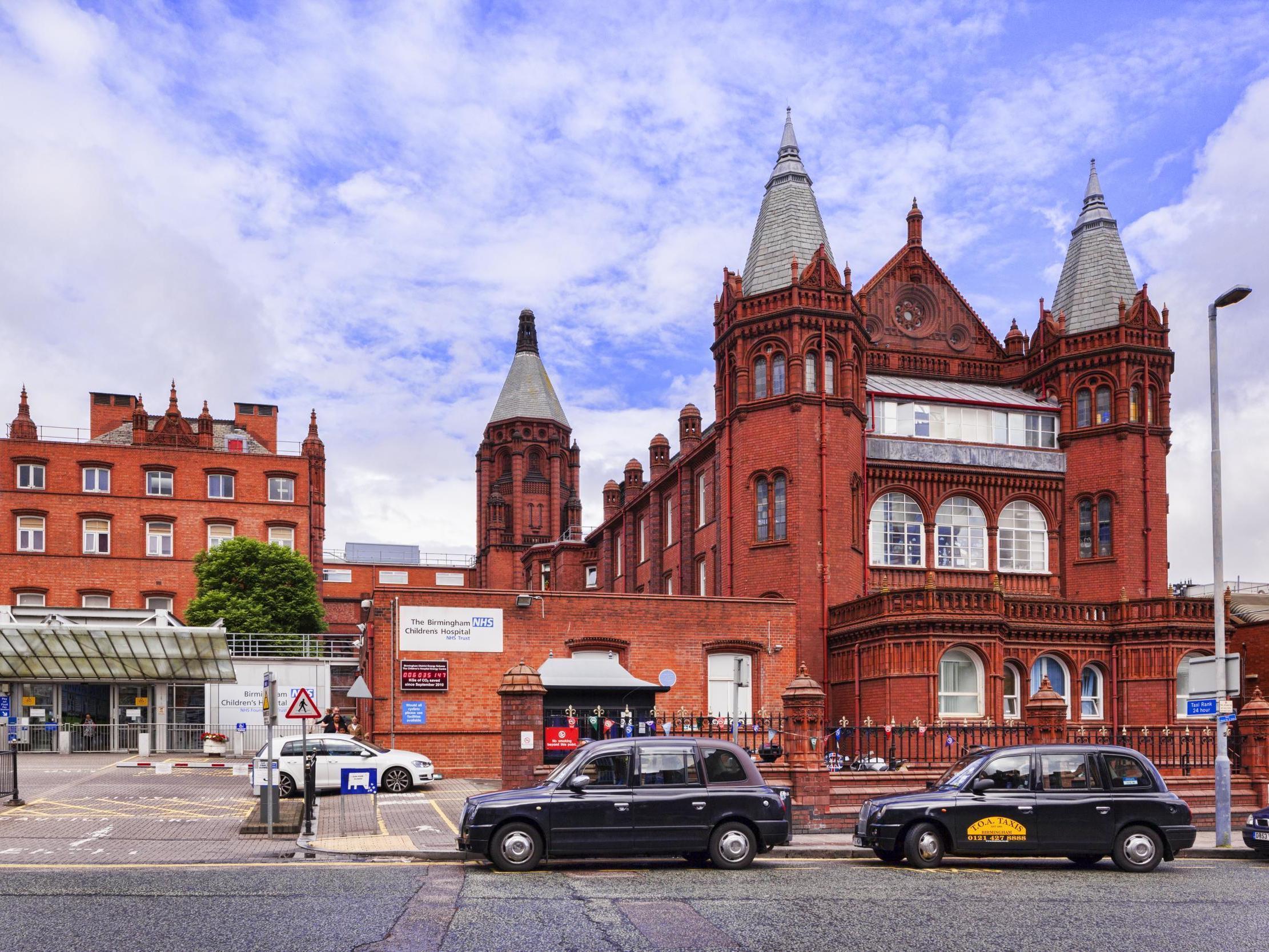Thousands of emergency patients told to take taxi to hospital each year, figures show
Numbers enduring long delays in ambulances have tripled in a year

Your support helps us to tell the story
From reproductive rights to climate change to Big Tech, The Independent is on the ground when the story is developing. Whether it's investigating the financials of Elon Musk's pro-Trump PAC or producing our latest documentary, 'The A Word', which shines a light on the American women fighting for reproductive rights, we know how important it is to parse out the facts from the messaging.
At such a critical moment in US history, we need reporters on the ground. Your donation allows us to keep sending journalists to speak to both sides of the story.
The Independent is trusted by Americans across the entire political spectrum. And unlike many other quality news outlets, we choose not to lock Americans out of our reporting and analysis with paywalls. We believe quality journalism should be available to everyone, paid for by those who can afford it.
Your support makes all the difference.Thousands of 999 patients in England are being told to get a taxi to hospital, figures have showed.
The number of patients outside London who were refused an ambulance rose by 83 per cent in the past year as demand for services grows.
It comes after the pressures on paramedics were highlighted last week when a woman with a broken ankle spent six hours lying on a freezing pavement and later died in hospital.
In London, official figures obtained by The Times showed a 35 per cent fall in the the number of emergency patients who were to get a cabin the past year. However, the way the statistics are recorded in the capital changed this year.
The number of patients enduring long delays in ambulances also tripled in the past year, according to data from seven out of England’s 10 ambulance trusts.
Last week 4,469 people had to wait an hour or more in ambulances outside A&E departments, the data showed.
The North West Ambulance Service advised 104 patients in the most seriously ill category and 2,305 in the second most serious to take taxis in 2018 – amounting to 0.7 per cent of calls. The service said it had strict guidelines on ensuring patients were “stable” before letting them make their own way to hospital.
At the North East Ambulance Service (NEAS), 1.5 per cent of calls resulted in the patient being taken to hospital by taxi.
London Ambulance Service reported 0.5 per cent of callers taking a taxi.
NEAS said 80 per cent of patients taken by taxi had a face-to-face assessment by a rapid response paramedic, who often arrives by motorbike, to ensure they were fit enough to travel by cab. The rest were assessed over the phone.
Some services said that they had approved taxi companies for such cases and some said they arranged the taxis rather than leaving it to the caller.
Separately, The Times also found that across nine ambulance trusts last year more than 305,000 emergency 999 calls were answered by private or volunteer ambulances. This accounted for about 3.5 per cent of calls, an increase from about 2.4 per cent in 2017.
In 2017 the Care Quality Commission warned that private ambulances risked patient safety after it found that some vehicles were dirty and some drivers lacked the appropriate training to drive under blue lights.
An NHS spokesperson said: “Ambulance services are expanding and are responding to more and more calls, and last month responded to almost 25,000 incidents every day, more than 5 per cent higher than last year. It can be entirely sensible for some patients to make their own way to hospital, which means paramedics are able to prioritise sick patients who need their expertise.”
Join our commenting forum
Join thought-provoking conversations, follow other Independent readers and see their replies
Comments